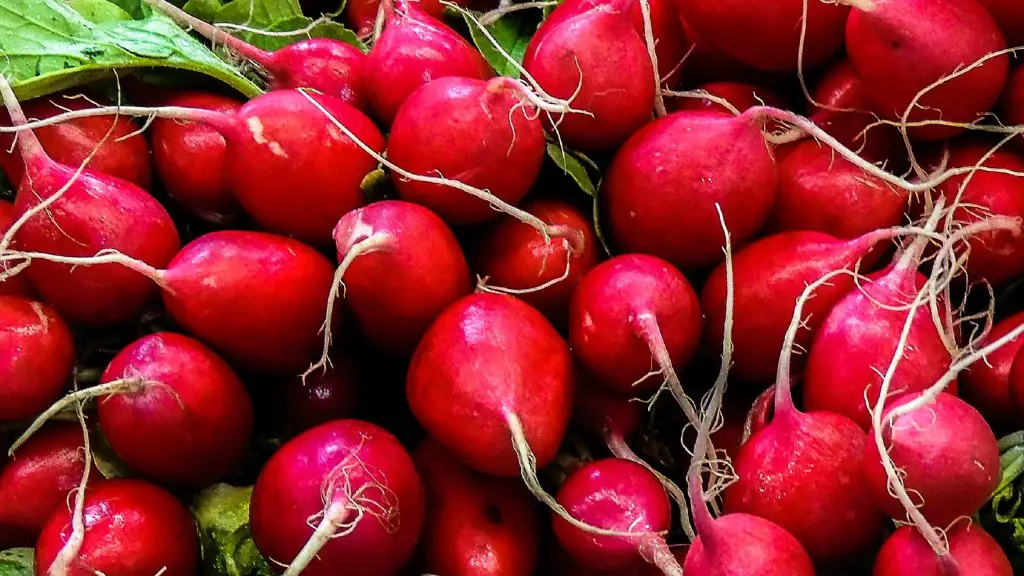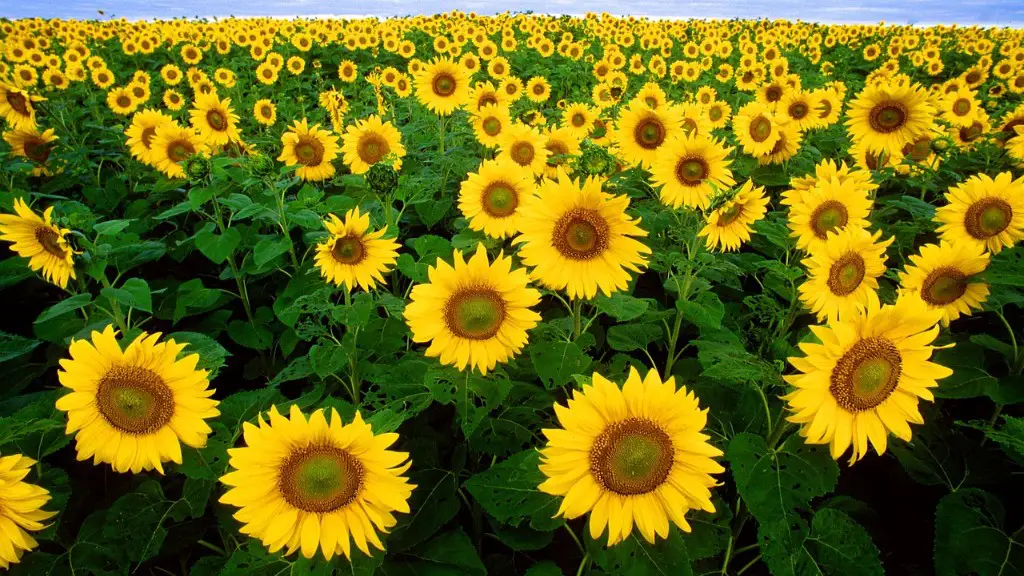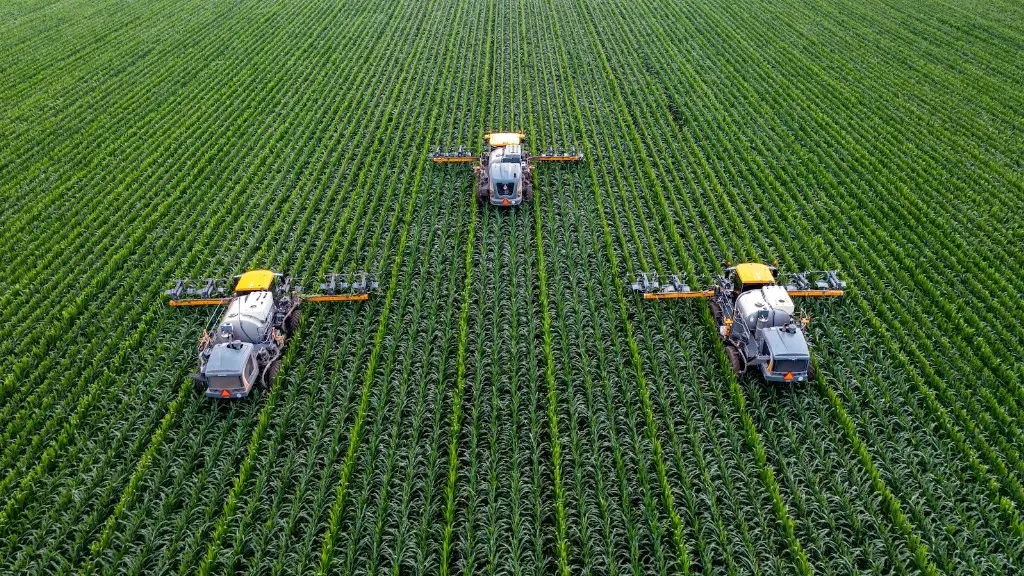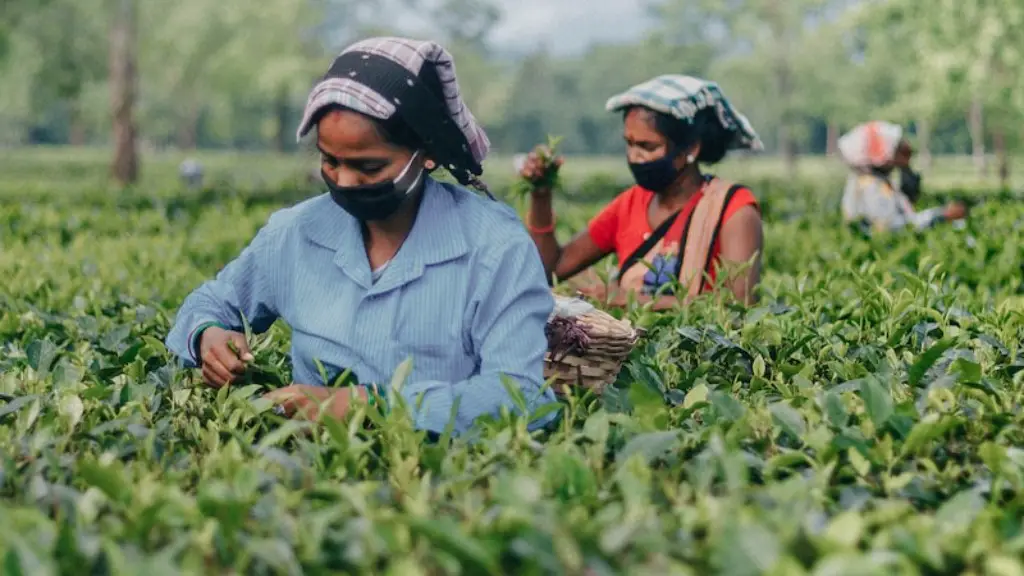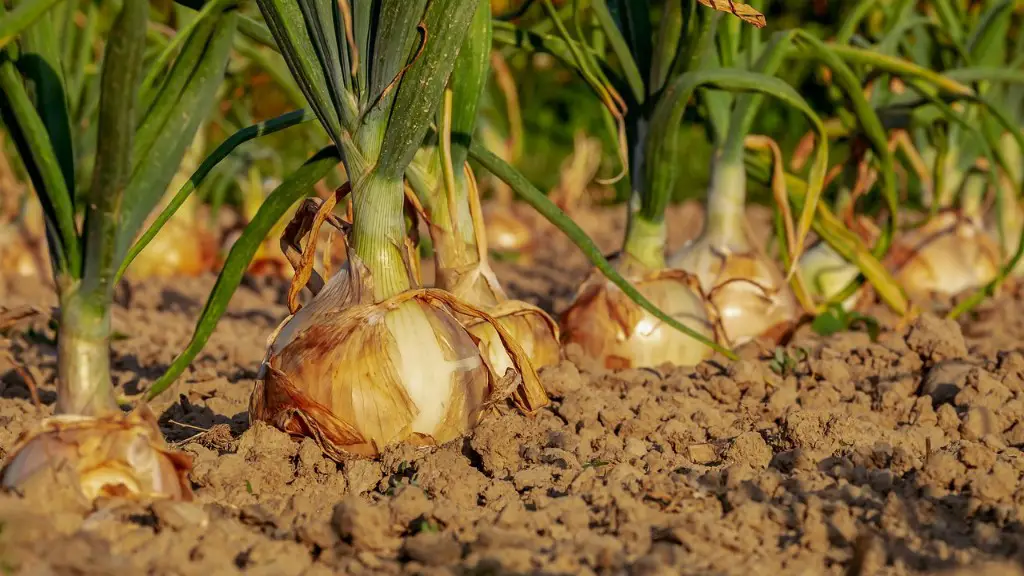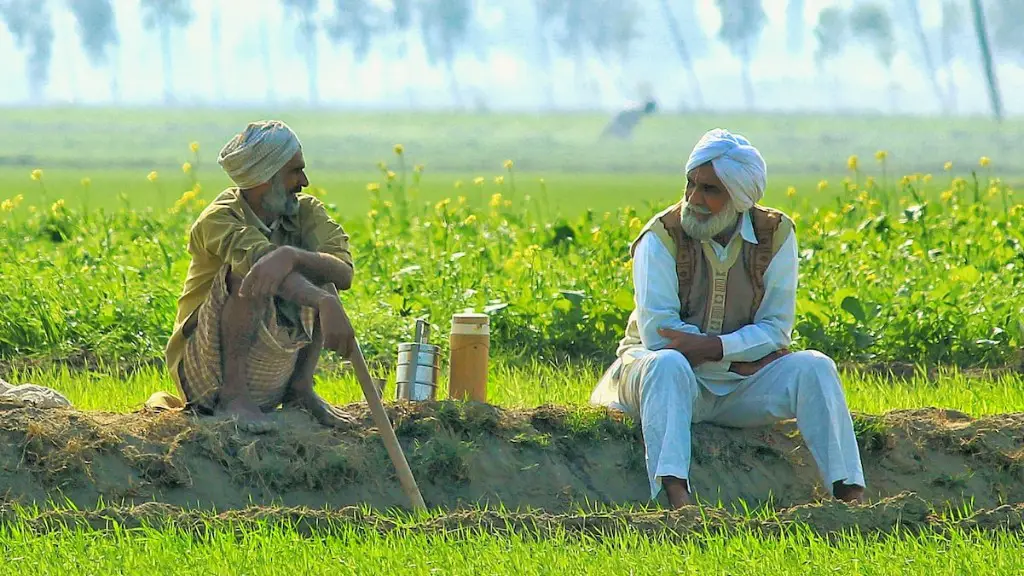yes, agriculture is a cyclical industry. like most industries, agriculture has its own unique set of cyclical patterns. these patterns are largely driven by factors such as weather, crop yields, commodity prices, and global demand. while the specifics may vary from year to year, the overall trend is that agriculture is a cyclical industry.
There are a few agriculture industries that are cyclical, and a few that are not. The main agriculture industries that are cyclical are the ones that are based on livestock, such as the beef and pork industry. This is because the number of animals that are available for slaughter fluctuates based on things like the weather, disease, and the overall number of animals that are born each year. However, there are also many agriculture industries that are not cyclical, such as the fruit and vegetable industry. This is because the number of fruits and vegetables that are produced each year is not as affected by things like the weather and disease.
Are agriculture stocks cyclical?
Deere & Company is an American corporation that manufactures agricultural, construction, and forestry machinery, diesel engines, drivetrains (axles, transmissions, gearboxes) used in heavy equipment, and lawn care equipment. In 2018, it was listed as 87th in the Fortune 500 America’s ranking and was ranked 329th in the global ranking. The company also provides financial services through John Deere Credit and John Deere Financial.
This is good news for those in the agricultural industry, as it means that their jobs and businesses are less likely to be affected by an economic downturn. However, it is important to remember that not all parts of agriculture are recession-proof, and some sectors may be more vulnerable to the effects of a recession than others. For example, farmers who rely on exports may find that their markets dry up during a recession, as consumers in other countries cut back on spending.
What are the 7 sectors of agriculture
The agricultural sector is a vital part of the economy, providing food and other products for both consumers and businesses. The sector is composed of many different sub-sectors, each with their own unique challenges and opportunities.
Agronomy, Agriculture Engineering, and Horticulture are all important aspects of crop production. Agronomy is focused on the soil and how different crops will grow in different types of soil. Agriculture Engineering is focused on the machines and equipment used in crop production. Horticulture is focused on the fruits and vegetables and how to grow them.
Which industry is most cyclical?
Cyclical industries are those whose revenue generation capabilities are tied to the business cycle. The following industries are commonly classified as cyclical: auto components, construction, semiconductor, steel, airline, hotels, restaurants, and leisure, textile, apparel, and luxury goods.
Non-cyclical stocks are companies that people will continue to consume their products even during an economic downturn. These often include consumer staple goods, food, gasoline, utilities, and pharmaceuticals/healthcare.
Do farmers do well in a recession?
Farms have always been a stable source of income during economic downturns. People will always need to eat, no matter what the state of the economy is. This makes farms a good investment during tough economic times.
As we all know, recessions can be tough on businesses and industries. But there are typically certain sectors that do relatively well during these economic downturns.
Generally speaking, the industries that tend to do better during recessions are those that supply the population with essentials that we can’t live without. This includes utilities, health care, and consumer staples. In some people’s opinions, technology may also be included in this category.
So if you’re looking to weather the next recession relatively well, these are the types of industries you should consider investing in.
Are farmers struggling financially
Falling commodity prices have caused net farm income to drop by about 40%. This has led to tightened credit conditions for US farmers. They are also facing headwinds from record harvests and trade disputes.
The agriculture, forestry, fishing and hunting sector comprises establishments primarily engaged in growing crops, raising animals, harvesting timber, and harvesting fish and other marine life. This sector also includes establishments engaged in the production of biofuels.
What are the five pillars of agriculture?
The five pillars for agricultural development proposed in this research are education and extension, nutrition, pest and disease, genetics and technology. Each of these pillars is important for the development of agriculture and the achievement of food security.
Education and extension are important for increasing the knowledge and skills of farmers, as well as raising awareness about good agricultural practices. Nutrition is essential for ensuring that crops are healthy and productive. Pest and disease control are necessary for preventing crop losses. Genetics and technology can help to improve crop yields and quality.
The successful development of agriculture requires a multi-pronged approach, and all of these pillars are essential for achieving food security.
The Big 4, as they are referred to, are the four giant firms running the show in the agriculture industry. They are DowDuPont, Bayer-Monsanto, ChemChina-Syngenta and BASF. These companies have a huge impact on the agriculture industry, and they are often criticized for their practices.
Why agriculture is the backbone of the economy
Agriculture is the backbone of the economy as it provides food and raw material for industry. It is a key sector in the development of a country. A strong agricultural sector is necessary for economic growth and poverty reduction. It is also a key driver of rural development.
The agricultural sector in the Philippines employs around a quarter of the country’s workforce. The sector is made up of four sub-sectors: farming, fisheries, livestock, and forestry. The sector plays a vital role in the country’s economy, providing food, employment, and other products and services. The sector is also an important source of foreign exchange earnings.
What is the difference between agriculture and farming?
Agricultural science is a vast area that encompasses both the study of agriculture and the practical farming activities that grow our food, fiber, and other products. Agricultural research and development strives to improve the efficiency and productivity of agriculture, while also finding ways to sustainably manage our natural resources. Farmers implement agricultural practices to produce crops and livestock, providing us with the food, fiber, and other products we rely on. Agricultural science is essential to our survival and continued prosperity as a species.
The Cyclical super sector has four sectors: Basic Materials, Consumer Cyclical, Financial Services, and Real Estate. The Cyclical super sector is made up of companies that are more likely to prosper during an economic expansion and suffer during an economic downturn.
The Defensive super sector has three sectors: Consumer Defensive, Healthcare, and Utilities. The Defensive super sector is made up of companies that tend to be less affected by economic cycles.
The Sensitive super sector also has four sectors: Communication Services, Energy, Industrials, and Technology. The Sensitive super sector contains companies that are more sensitive to changes in the business cycle.
Final Words
There is no simple answer to this question as the agricultural industry is complex and can be impacted by a variety of factors. However, in general, the agricultural industry is considered to be cyclical, meaning that it generally follows a pattern of ups and downs. This cyclical nature is often driven by factors such as weather, commodity prices, and global demand.
The agricultural industry is a cyclical industry due to the nature of the business. The main drivers of the agricultural industry are the weather, global demand, and government policies. The weather can have a major impact on the industry, as it can determine the yields of crops. Global demand for agricultural products also fluctuates, which can impact prices. Government policies can also affect the agricultural industry, as they can determine the amount of subsidies that farmers receive.
